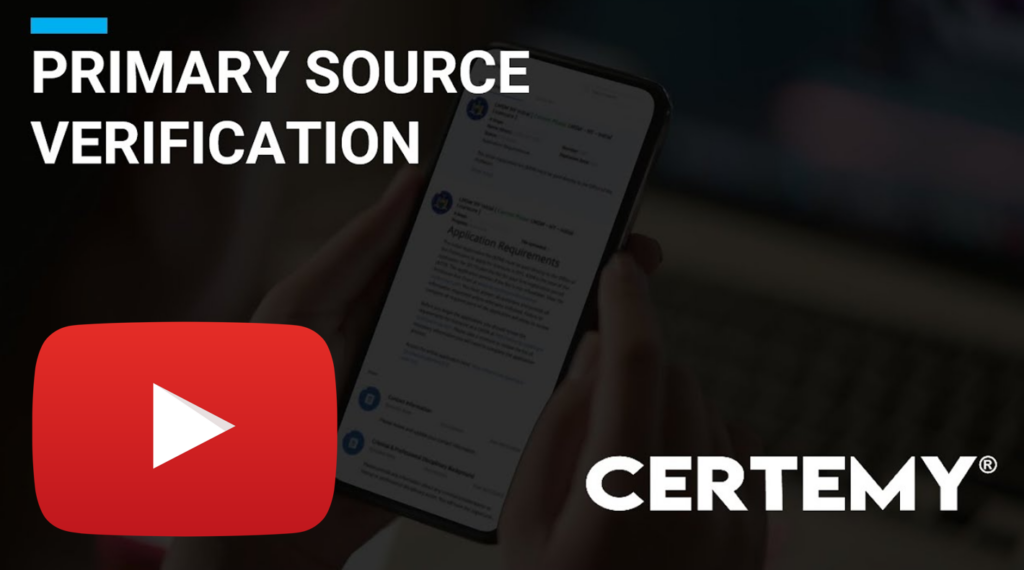
License Verification Tool | ACNP -?Acute Care Nurse Practitioner
The complexities and nuances that come with recruiting, managing, and tracking healthcare professionals can be overwhelming, especially when it comes to certifying that these professionals have the requisite licensure and certifications that define their qualifications.
To maintain the competitive edge and ensure the highest quality of professionals, organizations should consider utilizing license Verification systems to streamline the process and improve the safety and efficacy of their healthcare organizations. In this post, we delve into the specifics of how the license verification process works for advanced acute care nurse practitioners (ACNP).What Is License Verification?License verification checks or credentialing serves the purpose of validating that the license of a healthcare professional is genuine and active. The verification process involves confirming the qualifications and certifications of the prospective professional, providing organizations the sought-after capacity to ensure adequate oversight and diligence for their personnel. Generally, organizations can opt to carry out the process manually, which can prove to be a costly and labor-intensive endeavor. In particular for high-risk positions, credentialing processes are oftentimes necessity for legal and safety reasons. The manual process involves having a staff verify qualifications and certifications ? a task that can be too exhaustive and daunting for a Compliance or HR team.How Does It Work for ACNPs?In the United States, ACNPs who are yet to specialize must first complete advanced educational training to obtain highest possible qualification before they can practice. Most states require an ACNP to first obtain an advanced practice registered nurse (APRN) license and national certification through an acceptable certifying body in the specialty of focusing. It is important to note that ACNPs are also expected to obtain additional licensing and certifications to practice in different states. Therefore, organizations looking to shortlist the best ACNP candidates for a position must ensure they undergo the necessary licensing and certifications for the desired position. This is where license verification systems come in highly useful.Benefits of Utilizing License Verification Systems for ACNPsOrganizations that leverage license verification systems for certifying ACNPs enjoy a plethora of benefits, including the following: Faster speed to hire and on-boarding – Organizations utilizing license verification systems for their recruitment processes can improve speed to hire especially as the process of verification becomes automated, thus saving HR teams from the tedious manual process.Real-time tracking of employee licenses – License tracking systems enable organizations to stay informed of the status or updates of the different licenses and certifications held by their healthcare professionals. This allows organizations to ensure their healthcare personnel possess the licensure and certifications to practice in the organization.Enhanced workflows and improved productivity – License verification systems come with automated workflows that enable organizations to secure and manage different licenses, making the process more efficient. Automated workflows help alleviate errors and discrepancies in the long run.Last reflectionsOrganizations that manage healthcare professionals should consider incorporating license verification systems into their hiring and upskilling processes. License verification systems enable organizations to review the qualifications of their personnel swiftly and securely, allowing them to streamline their operations and manage their personnel more efficiently.Topics:

